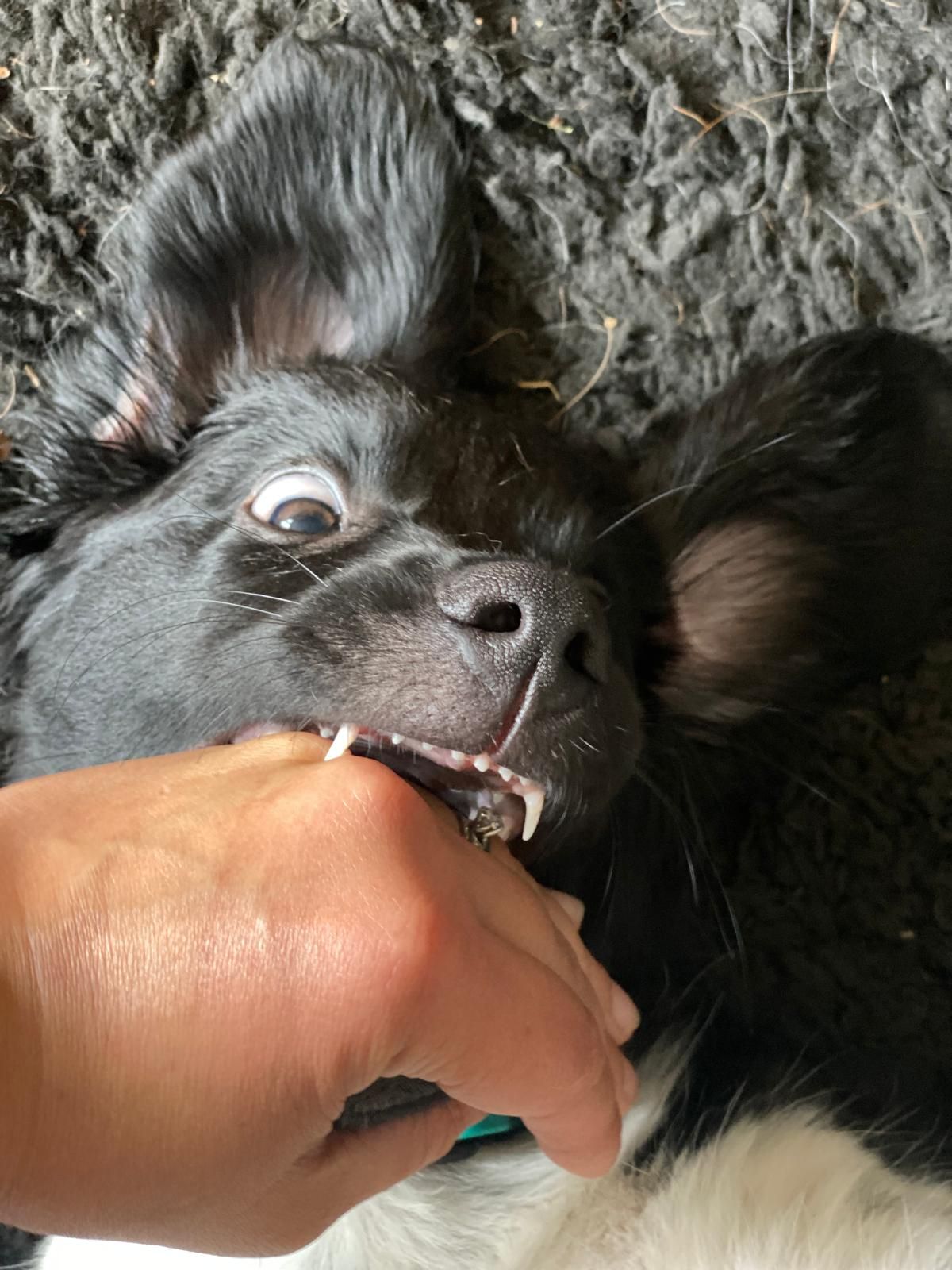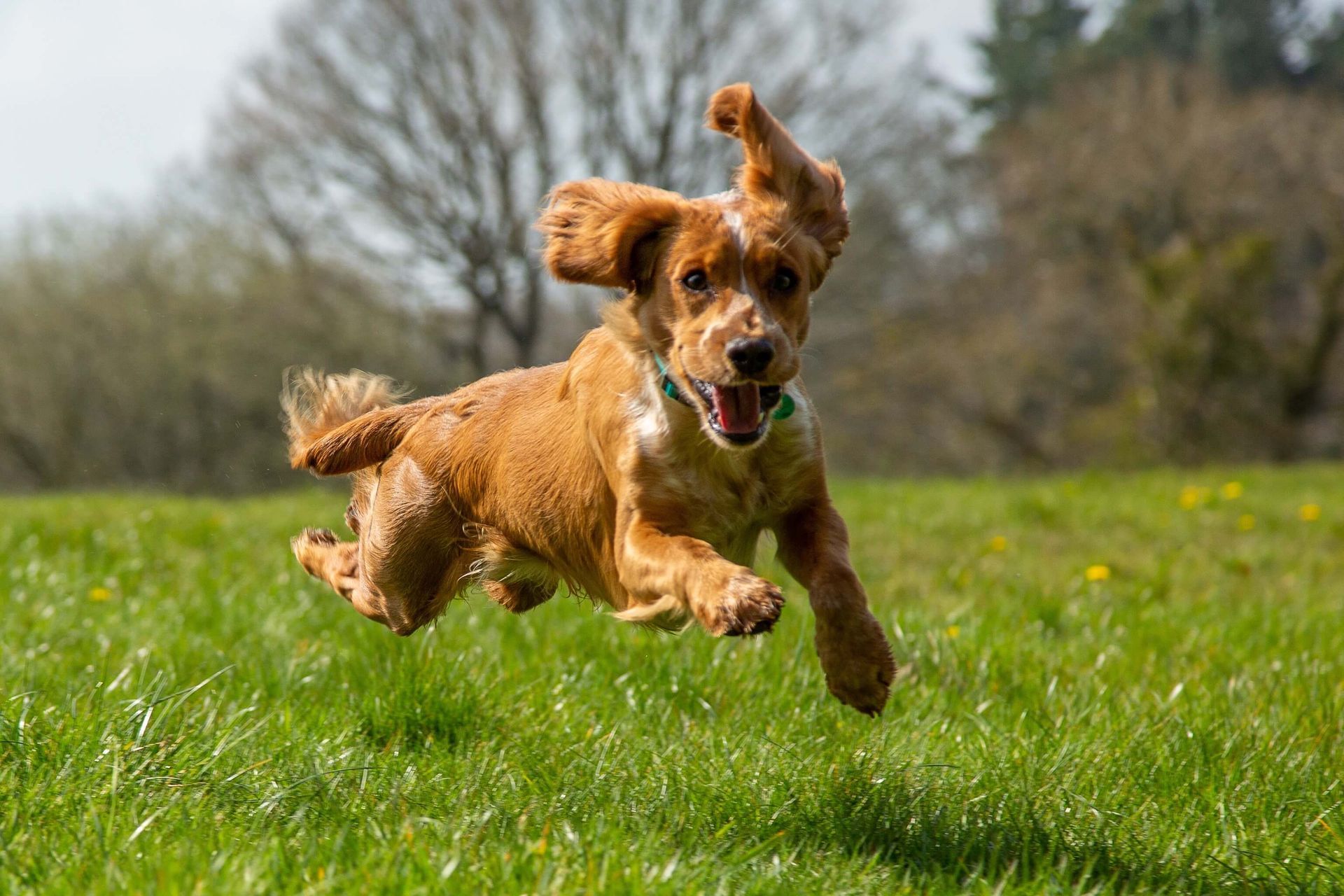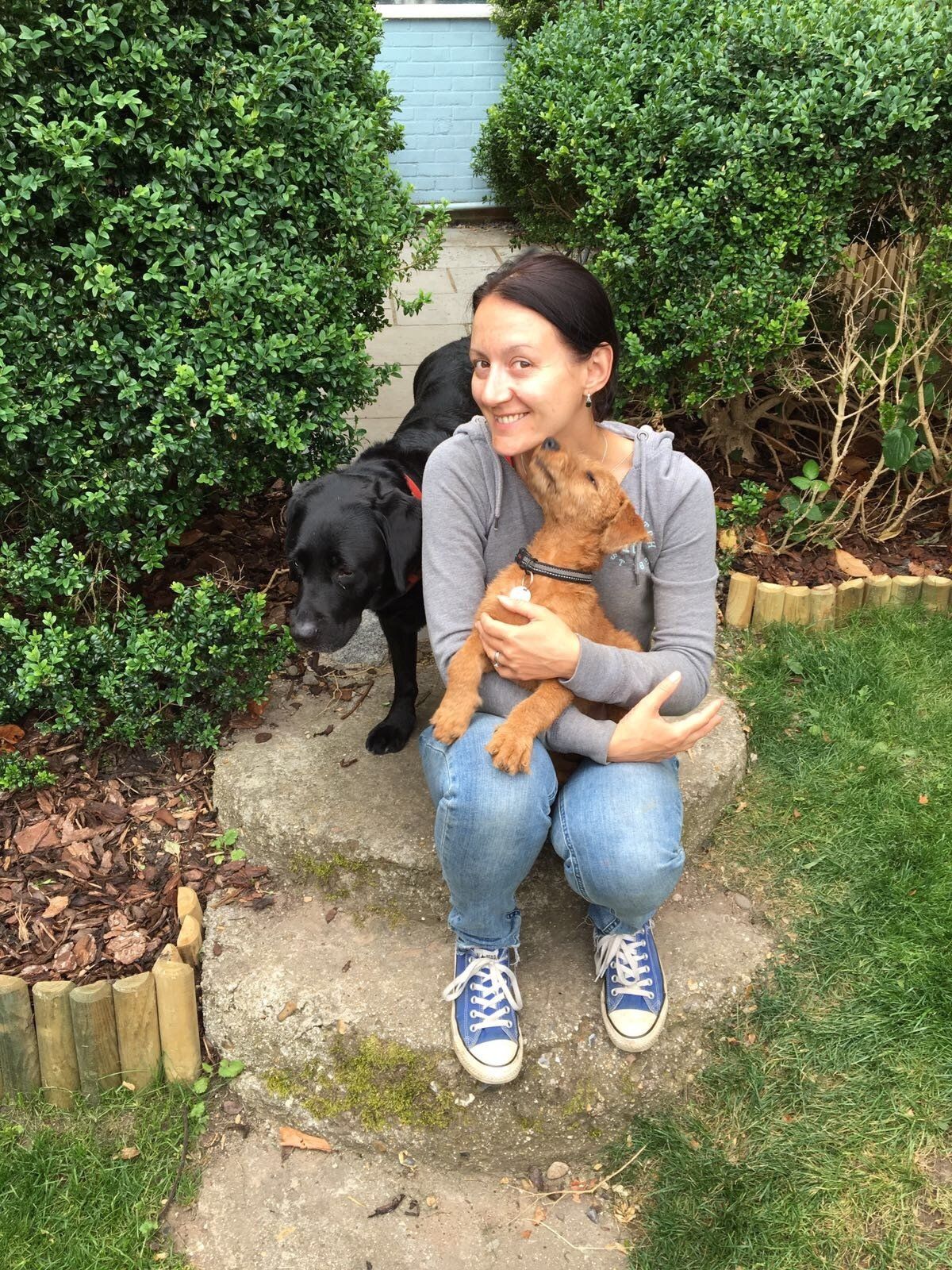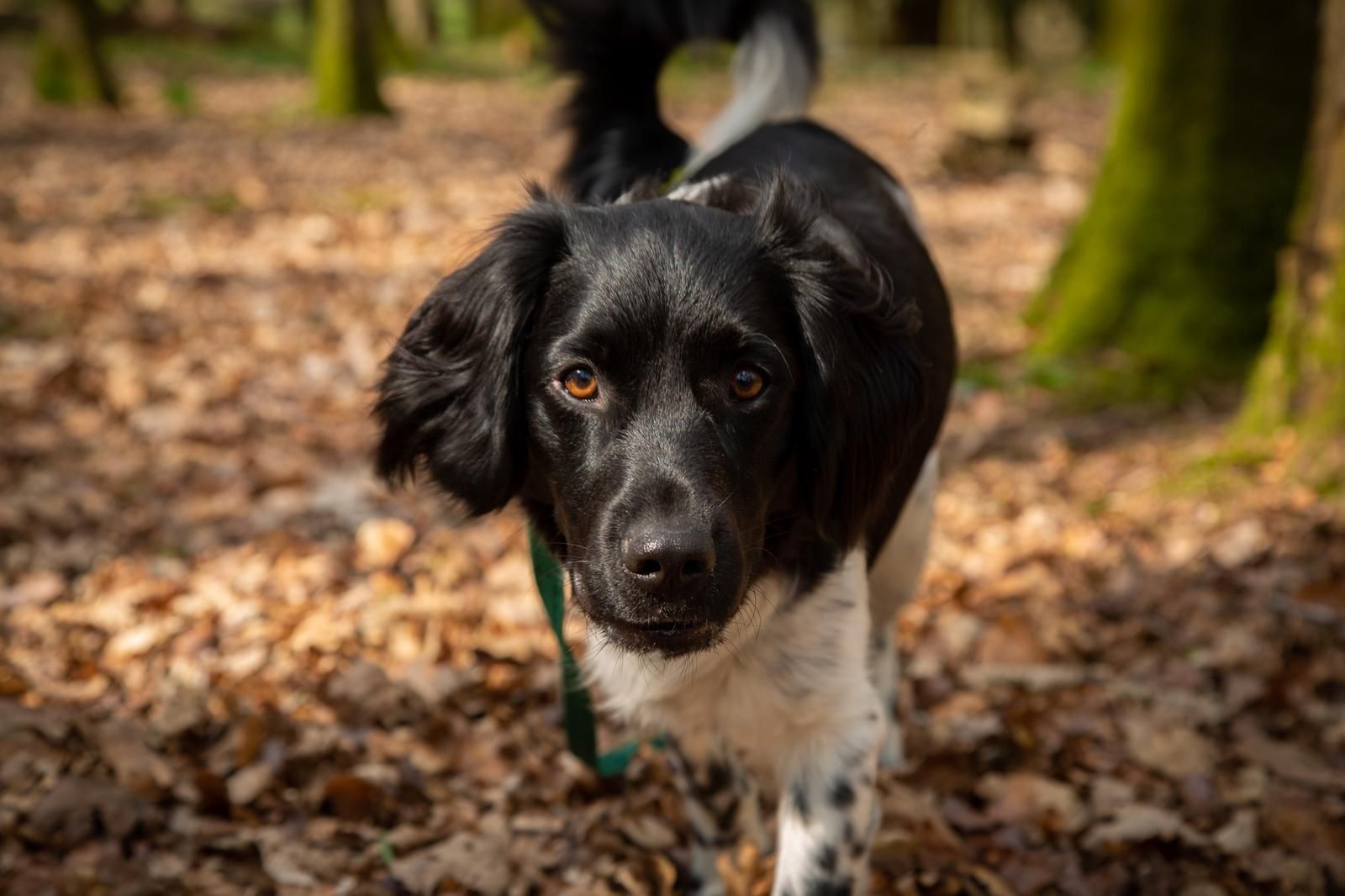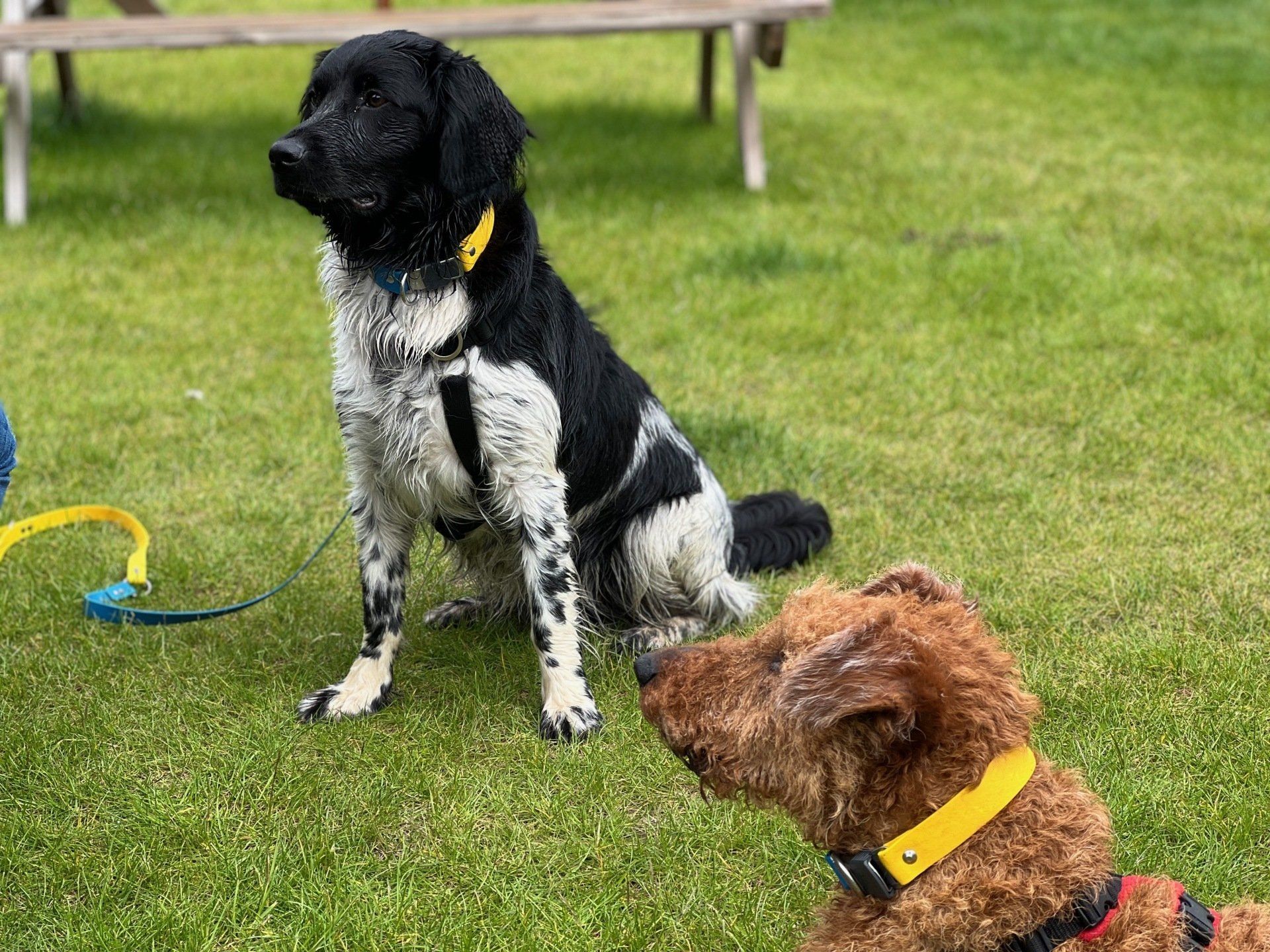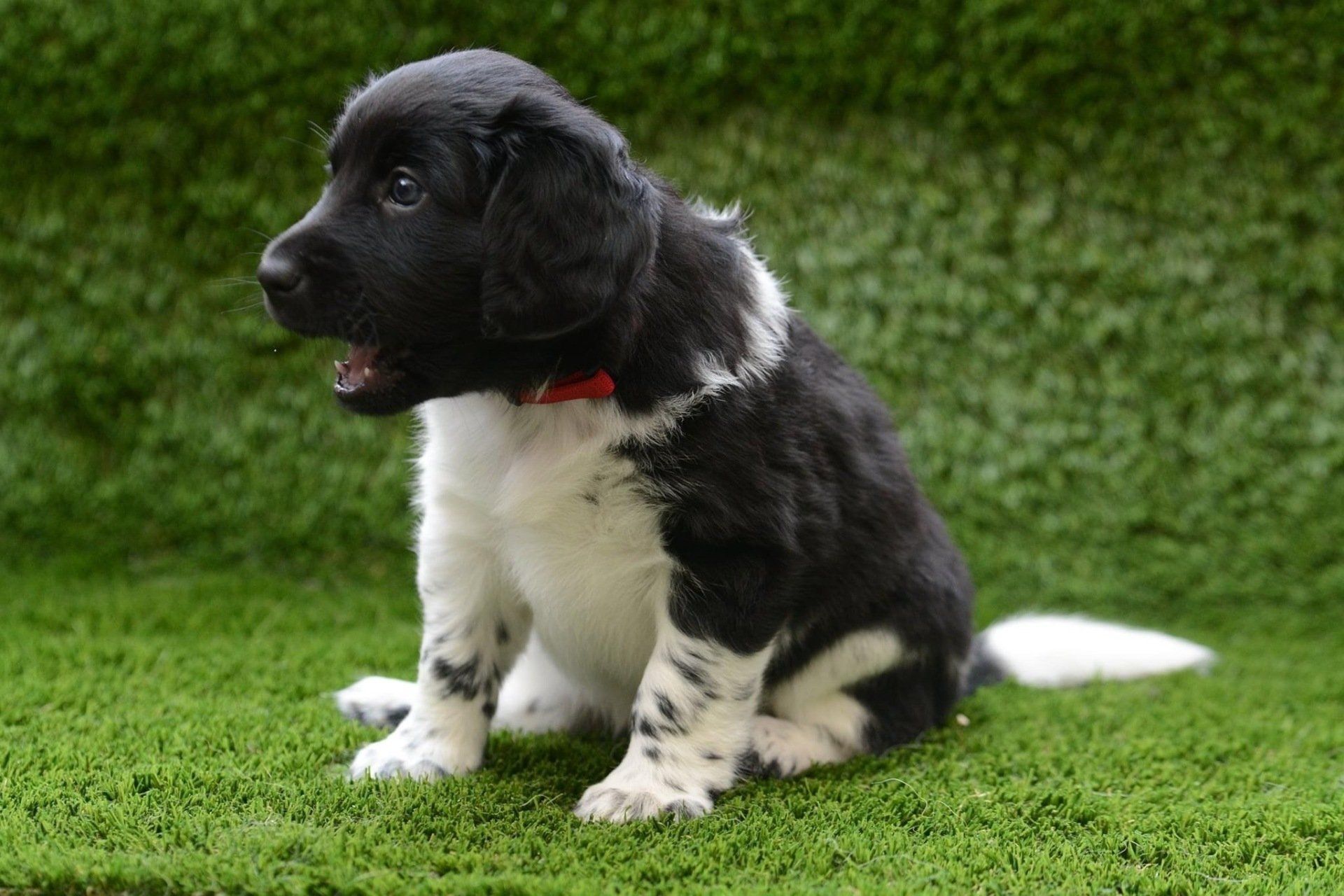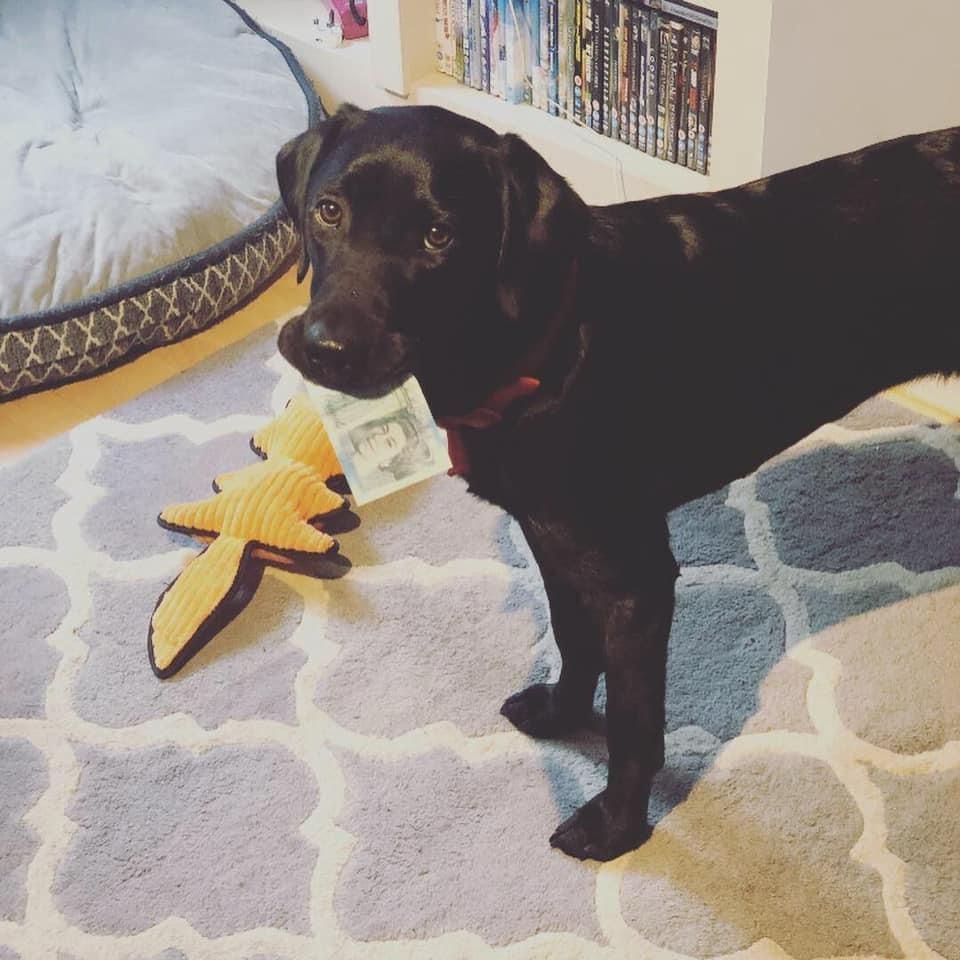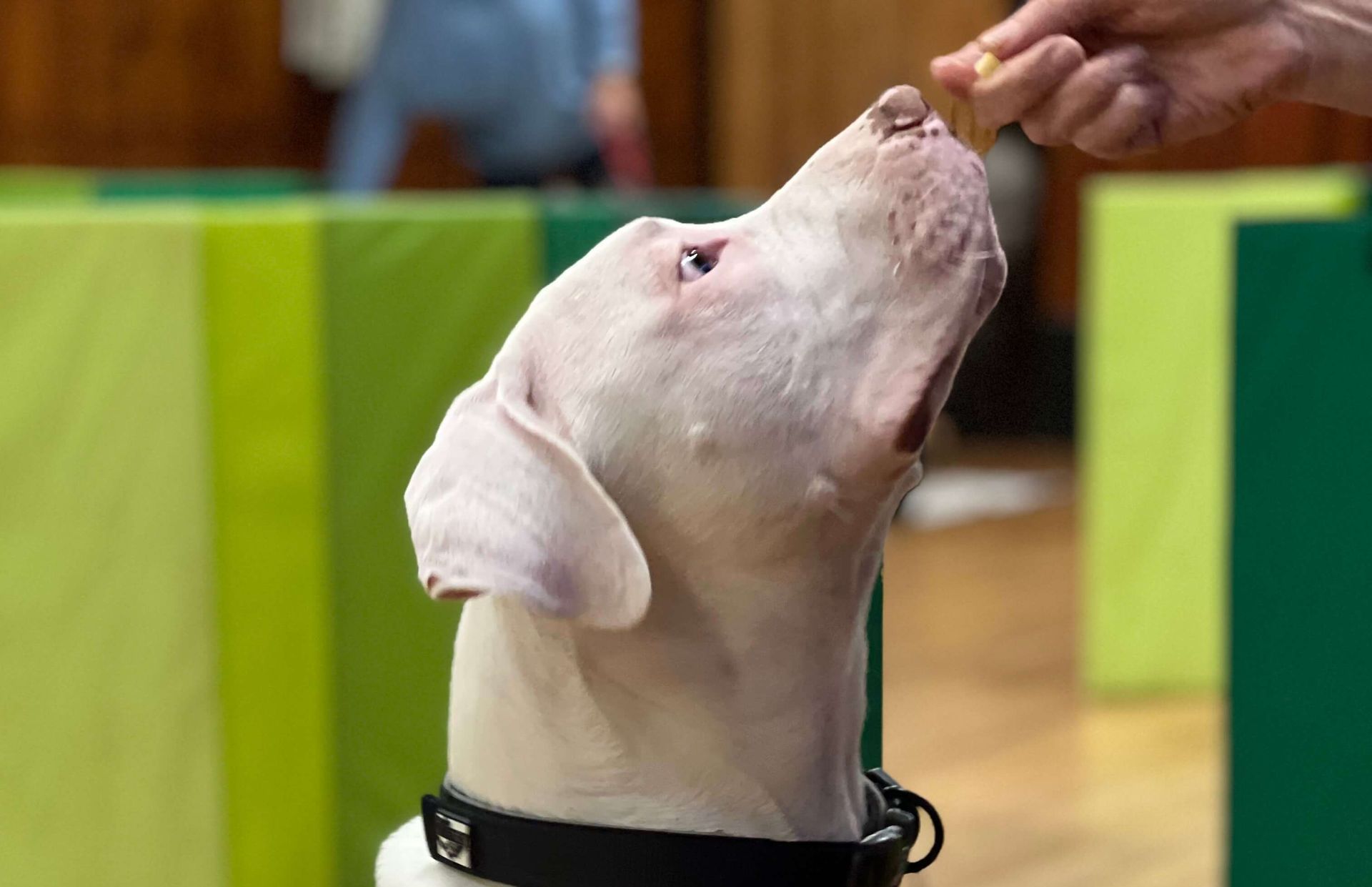Why Puppy Training is More Than Just Sit & Stay – The Essential Skills Every Puppy Needs
- by Tash Clark
- •
- 22 Feb, 2025
- •
Discover why early puppy training goes beyond obedience commands and how it helps prevent behaviour problems, build confidence, and create a well-mannered dog for life.
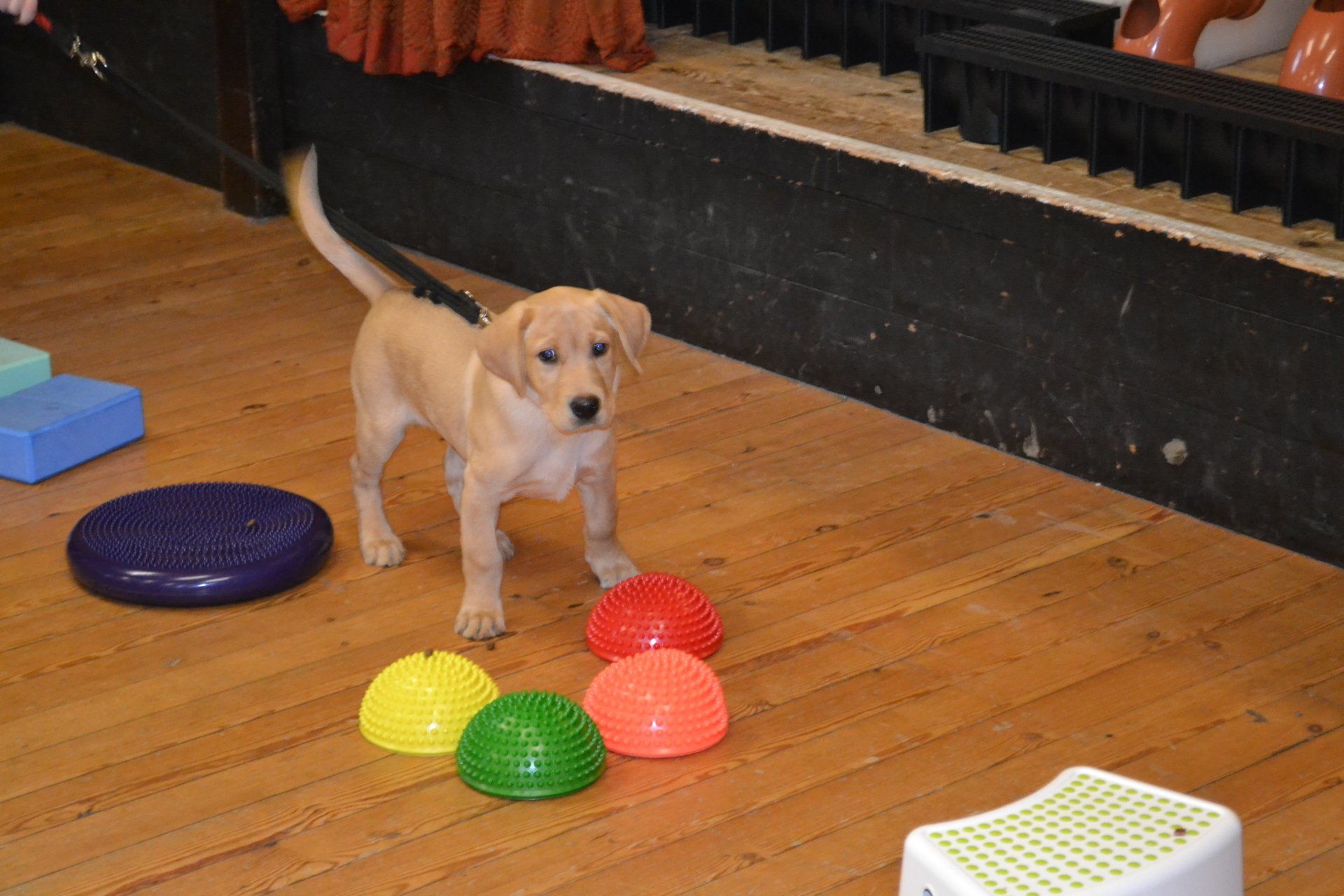
Why Puppy Training is More Than Just Sit & Stay
Your puppy is bouncing around the house, stealing socks, nipping at your hands, and zooming around just as you’re trying to relax. You tell them to “sit” - and for a second, they do - before launching off again like a tiny tornado. You wonder: why won’t they just listen?
Many new puppy owners think training is just about teaching “sit” and “stay.” But real training goes far beyond commands - it’s about creating a puppy who knows how to listen, even when they’re excited, distracted, or out in the real world.
The truth is, puppies are always learning, whether you’re actively training them or not. The question is: are they learning the right things?
In this blog, we’ll break down what good puppy training should include, why waiting too long can create unwanted habits, and how early training can prevent future behavioural problems.
What Does Puppy Training Actually Teach?
It’s not just about commands - it’s about life skills. Here’s what good puppy training includes and why it matters:
1. Confidence & Social Skills (Not Just Meeting Other Dogs!)
Many owners think socialisation means taking their puppy to the nearest park to “meet as many dogs as possible.” But this can actually backfire - overwhelming puppies or encouraging bad habits like overexcitement in the presence of other dogs.
Good socialisation isn’t about quantity; it’s about quality. Carefully introducing your puppy to new experiences in a way that builds confidence helps them learn to handle the world calmly.
What good social skills look like:
- Getting used to new sights, sounds, and experiences without it being too overwhelming.
- Building confidence around people, including vets and groomers.
- Learning to settle in public places instead of getting overexcited.
- Being able to focus on you, even when there are other dogs and people around.
It’s not about flooding your puppy with experiences - it’s about making those experiences positive and manageable.
2. Preventing Future Behavioural Issues (Because Puppies Grow Up!)
Many common behaviour problems in adult dogs - pulling on the lead, barking at guests, ignoring recall - start in puppyhood. The problem? Many owners don’t realise these behaviours are developing until they become habits.
Think of it this way: You wouldn’t wait until your child is a teenager before teaching them manners. The same applies to puppies.
What good training teaches:
- Walking nicely on the lead before pulling becomes a habit.
- Developing a strong recall before they learn that running off is fun.
- Practising calm greetings so they don’t jump up at visitors.
Starting early makes everything easier in the long run.
3. Helping Puppies Regulate Their Emotions (Avoiding the Overexcited or Nervous Dog)
Most puppies don’t come with an “off switch.” They get overexcited, struggle with frustration, or have zoomies before bedtime. But calmness is a learned skill - not something puppies just grow into.
What good training teaches:
- Learning to settle at home and in public.
- Managing excitement without jumping or mouthing.
- Handling frustration without barking or grabbing things.
A calm dog isn’t just born - it’s made through consistent training, right experiences and setting them up for success from the start.
4. Understanding Body Language & Communication (So You Know What Your Puppy is Saying!)
Puppies don’t misbehave to be “naughty” - they behave in ways that make sense to them. The challenge is that we often misinterpret what they’re trying to communicate.
What good training teaches owners:
- Recognising when a puppy is overstimulated and needs a break.
- Understanding the difference between play and frustration.
- Recognising early signs of stress and fear.
- Knowing what is normal puppy behaviour and what might require intervention.
When you understand your puppy’s signals, training becomes much smoother.
5. Creating a Dog That’s Easy to Live With (Training That Makes Daily Life Better!)
A well-trained puppy isn’t just one that can “sit” and “stay.” It’s a puppy that’s a joy to live with - one that’s calm in the house, walks nicely, and listens when needed.
What good training includes:
- Teaching puppies to settle – so you can take them places.
- Helping them enjoy handling (so vet visits and grooming aren’t a battle).
- Practising impulse control (so they don’t steal food or jump up).
A well-trained puppy doesn’t just make life easier - it makes life more enjoyable.
The Truth About “Waiting Until They’re Older”
One of the biggest myths is that puppies don’t need training until they’re older. But puppies are always learning, whether we’re training them or not.
Why waiting too long can cause problems:
- Puppies start developing habits from day one - good or bad.
- Adolescent dogs (6+ months) are harder to train than young puppies.
- Untrained dogs often become frustrated dogs, which leads to problem behaviours.
Why starting early makes life easier:
- You can shape good behaviours before bad habits form.
- Puppies who learn early have fewer struggles in adolescence.
- Early training makes recall, lead walking, and social skills much easier.
The earlier you start, the easier it is - for both you and your puppy.
Ready to Get Started? Join Our Puppy Classes in Berkshire & Oxfordshire
Every week, we see owners wishing they’d started sooner - because once bad habits form, they’re harder to undo. The good news? You can start setting your puppy up for success today.
Our puppy training classes in Berkshire & Oxfordshire are designed to help you and your puppy learn together in a fun, supportive way.
What makes our classes different?
- Rolling start dates - so you can join as soon as you’re ready.
- Focus on real-life training beyond just obedience.
- Small, supportive groups with qualified, accredited trainers.
Locations:
- Mapledurham: Saturday & Sunday mornings.
- Sulhamstead: Saturday mornings.
Training should be fun, practical, and stress-free - for both you and your puppy. If you're ready to get started, check availability and book here: https://www.dogsbedogs.co.uk/puppy-classes
Final Thoughts
Puppy training isn’t just about teaching “sit” and “stay.” It’s about shaping a happy, confident, well-mannered dog who fits seamlessly into your life.
By starting early, you’ll make daily life easier, prevent common behaviour problems, and build a stronger bond with your pup.
Want more training tips? Follow us on Facebook and Instagram for puppy advice!
Dog behaviour consultations and training are provided by Dogs be Dogs, a trading name of N V Clark Limited, registered in England no. 10730091
Registered office: Rosemary Cottage, Palmers Lane, Burghfield Common, RG7 3DU
Group class services are provided by Dogs be Dogs Limited, registered in England no. 13240349
Registered office: Rosemary Cottage, Palmers Lane, Burghfield Common, RG7 3DU
Please note, this address is NOT our training venue, but the registered business mailing address only.

